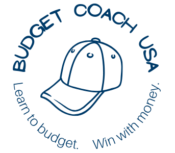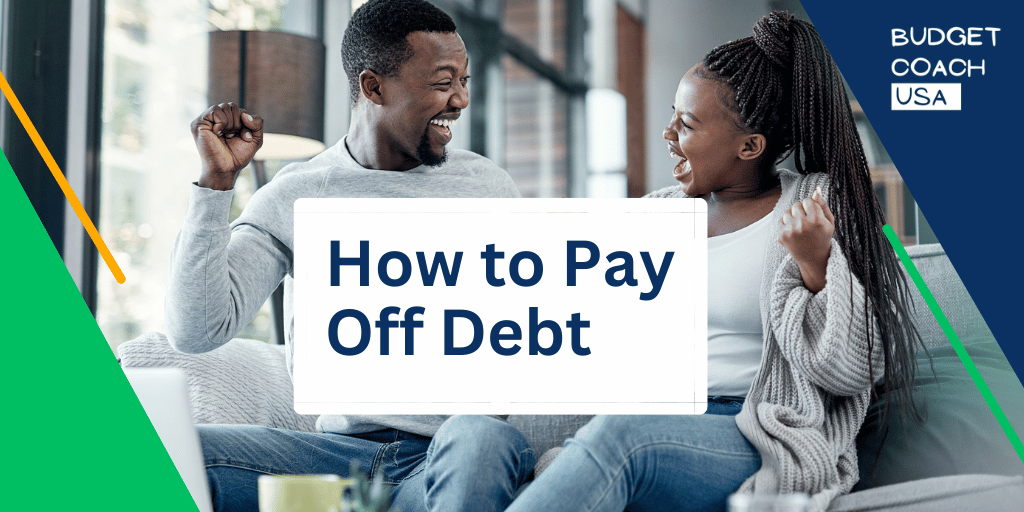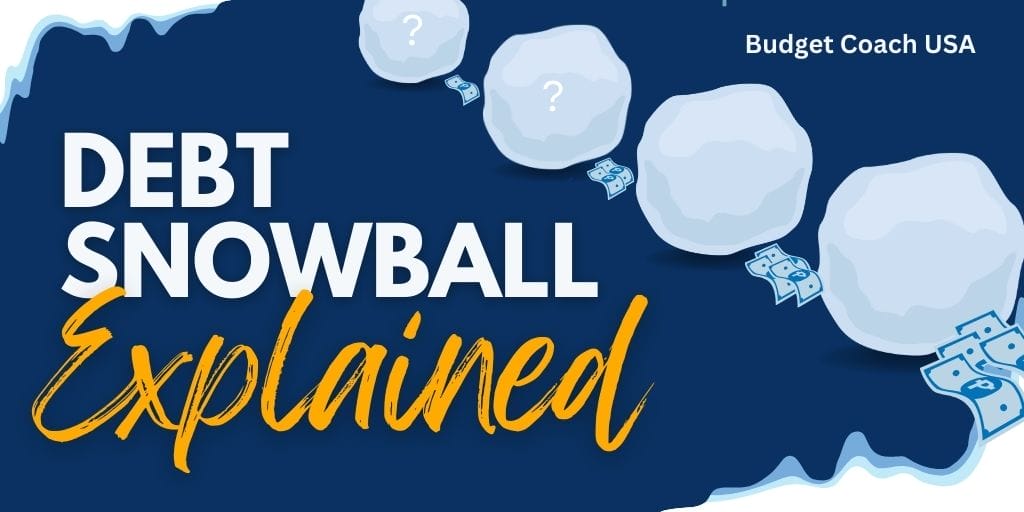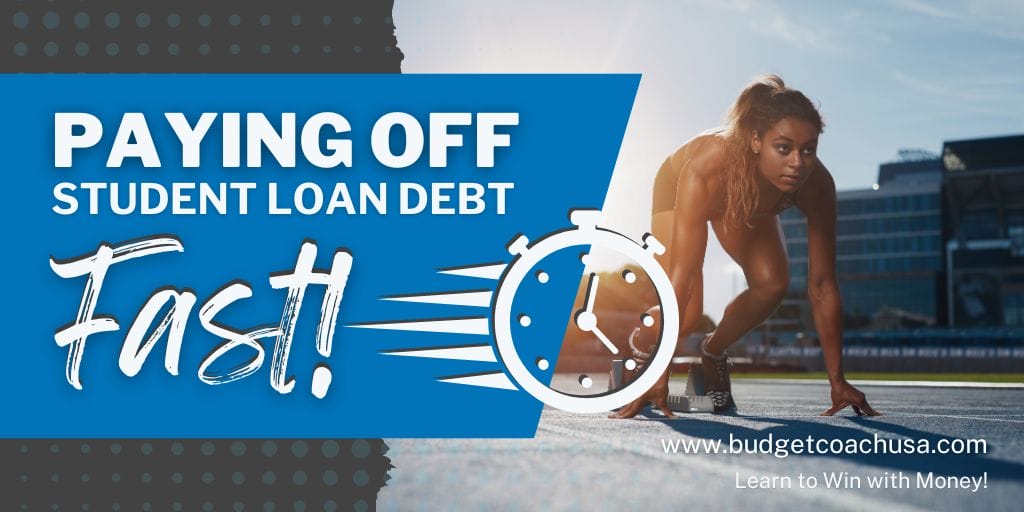Best Way to Pay off Debt.
If you are wondering how to get out of debt we’ve got an answer that your friends are probably not peddling. Since you are here we’re guessing that what you’ve been doing isn’t working. So why not stick around for a couple more minutes and read something new? Before we dive in let’s get some wisdom from Colonel Sanders. Yep, your read that right. Colonel Sanders once gave a quote that pretty much sums up it up and here it is:
“The easy way is efficacious and speedy, the hard way arduous and long. But, as the clock ticks, the easy way becomes harder and the hard way becomes easier. And as the calendar records the years, it becomes increasingly evident that the easy way rests hazardously upon shifting sands, whereas the hard way builds solidly a foundation of confidence that cannot be swept away.”
–Colonel Sanders
To pay off your debt you have to channel your inner Colonel Sanders and understand that it won’t always be a quick process and therefore not easy. Worth it for sure! But not necessarily easy. After a near lifetime of various misadventures that rarely succeeded, Colonel Sanders discovered some wisdom that he shared with the rest of us. Success is about stacking building blocks of persistence, humility, and hard work, that, over time yields great results. But you don’t always get there fast. Moreover, if you try to take the easy way, well, it just gets harder with time. You can’t clear debt by taking shortcuts.
With that let’s dig in. Learn how to pay off debt faster.
How to Pay Off Debt. Use the Debt Snowball Method. Sometimes Called the Debt Avalanche Method.
Step # 1. Save $1,000 as fast as you can.
The average person using this plan saves $1,000 in less than 2 months.
As fast as you can save $1,000 for a beginner emergency fund. Sell something, sell everything, sell the dog if you have to. But save a thousand dollars so the next time you have an emergency, you don’t reach for the credit card. This is the beginning of your debt management plan. If you want to know how to pay off debt the first step is to quit using debt. And to kick things off let’s start with a thousand-dollar emergency fund. Go ahead and cut up those credit cards too. No need to transfer credit card debt anymore. Your debt repayment plan is underway the right way!

Step #2. Line up all of your debts from smallest to largest.
The average person using this plan completes step two in 24 to 30 months.
Line up all of your debts from smallest to largest and begin by attacking the smallest balance first regardless of the interest rate. No doubt you’ll have some sophisticated well-meaning relative or friend that wants to argue math and interest rates. They’ll be quick to point out that if you pay off the debt with the lower interest rate first it will cost a bit more vs paying off the highest interest rate first. While we will admit their math is correct they are missing one key element to your predicament. Math didn’t get you into credit card debt, your behavior did. And no one has ever corrected behavior with math. So let’s stack up a win as soon as possible and use that momentum to carry us on to the next win. Keep that $1,000 emergency fund intact and start paying off your debts from smallest to largest. And by the way, to help you get more momentum, we recommend that you stop all investing during this step. You need all of your ammo focused on getting out of debt. Ready? Go! It’s game time.
Step #3. Save a Full Emergency Fund
Congratulations! You learned how to pay debt off! And you even did it without debt consolidation. Now that you have kicked payments out of your life we are ready to make sure that we don’t end up there ever again. So we are going to save up a full emergency fund of 3 to 6 months of household expenses and set it aside in our savings account. So when life’s inevitable surprises occur, we have the money set aside to pay for them. When you have an emergency fund you mostly stop having emergencies. What we used to call emergencies are now more like an inconvenience. With a full emergency fund in place, you won’t need personal loans and you’ll soon find out that your credit score doesn’t matter anymore. No more need to make a balance transfer either. If you have little ones at home and or a spouse counting on you and your income don’t forget to keep term life insurance in an amount of 10X your annual income. Insurance term life is cheaper than you think and if anything ever happened to you they’ll be protected.
Step # 4. Begin contributing 15% of your income to a qualified retirement plan.
With debt out of your life, no more credit card balances, and a full emergency fund protecting us from a debt relapse, it is time to pick investing back up. Up until now, we paused investing until we had our debts paid off and our full emergency fund in place. Not it is time to pick it back up. Start contributing 15% of your household income into a retirement plan. Are you a bit older? You can do more if needed to catch up. Just don’t do less than 15%.
Step # 5. Start Saving for Your Children’s College Education
Okay. While we are investing 15% of our income in a retirement plan, let’s also start to save for our kid’s college education. A 529 college savings plan for your state is a great idea. You can learn more about that here.

Step # 6. Pay off your house early.
Now for the big kahuna. Anything extra you can come up with after steps 4 and 5 should be directed to your home mortgage. Pay it off early and as fast as you can. Life without a house payment is worth the effort. Can you imagine the extra money you’ll have each month to use for additional retirement, education, or vacations? And all paid for with cash! No more home equity line. No more home equity loans!
Step #7. Build Wealth and Give
Debt-free including your home. Sounds satisfying just to say it. What a great feeling. You learned how to pay off debt. Do you know what you can do with you don’t have a house payment or any other debt? Well, about anything you want. And here at Budget Coach USA we recommend that once you reach this stage you focus your extra income above your expenses toward generosity. I once heard Dave Ramsey say that the most fun you can have with money is giving it away. And I think he may be right. Can you imagine leaving a $100 tip for a server at dinner just because you got the feeling they need it? When you reach step 7 you can.
A Final Word from (kind of) Colonel Sanders
Did you know that Colonel Sanders spent nearly his entire adult life hopping from one job to another? He was fired from being a fireman for insubordination, held a job in sales, and later became an attorney only to lose his reputation after a courtroom brawl with his own client! He subsequently moved back in with his mother (ouch) to become an insurance salesman where he was once again fired for insubordination. Are you getting the picture? Colonel Sanders had a stubborn streak. After a series of additional successes and failures, Sanders moved to Corbin Kentucky to take a job at a service station so he could live (Goober style) rent-free. Sanders was 62 when he franchised KFC. Sanders learned his lessons the hard way. Don’t forget what he had to say near the end of his life.
“The easy way is efficacious and speedy, the hard way arduous and long. But, as the clock ticks, the easy way becomes harder and the hard way becomes easier. And as the calendar records the years, it becomes increasingly evident that the easy way rests hazardously upon shifting sands, whereas the hard way builds solidly a foundation of confidence that cannot be swept away.”
–Colonel Sanders
Want to build your life on a foundation of financial confidence that cannot be swept away? Start with step 1 above and stick with it. Don’t give up. It may be harder than the quick fix your friends are peddling, but take it from Colonel Sanders, and us, the harder way yields long-term success. Want to know how to pay off debt? Don’t call that nonprofit credit counseling service just yet. Start with step #1 above.
How Long Does it Take to Pay Debt Off?
The average person following the steps above completes their debt payoff in less than 10 years. That includes your house too!
How Much Debt is Too Much?
Well, any debt is too much. Unless maybe it is for your house. But even then you don’t want your house payment to take up too much of your monthly income. At Budget Coach USA we recommend that you pay off all of your debts as fast as you can using the steps above and keep any house payment you have to 25% or less of your monthly take-home pay.







